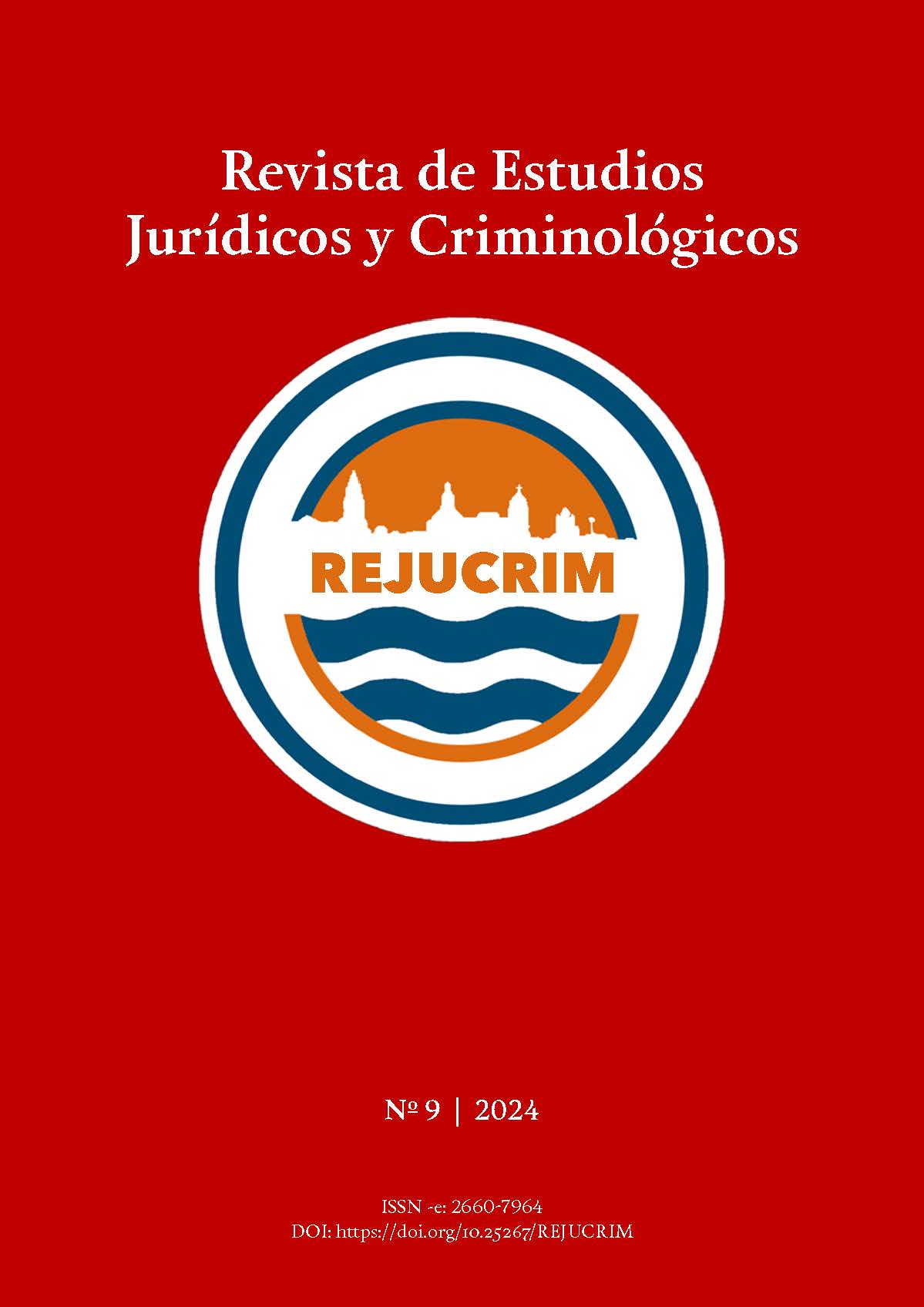Elderly people in residential homes. Procedural regularisation of situations of irregular stay.
Abstract
In cases of involuntary admission of people to residences or social care centres, judicial authorisation is required. The growing concern of both Prosecutors and Family Judges over the last few years regarding the way in which elderly people have been or are being admitted to residences has brought to light many situations of irregularity, with numerous cases having been detected in which said authorisation was lacking. The measures to resolve these irregular situations involve, stricto sensu, the immediate release of the person admitted or the application for habeas corpus proceedings for the same purpose. However, the application of these remedies sometimes results in the creation of new problems, as when they are released, they are left totally helpless as they cannot find family members who can - or want to - take care of them, or they cannot immediately access home care services. The procedural route that has been chosen to avoid this situation of irregular stay and lack of protection in the event of release, currently involves initiating a support procedure for persons with disabilities, regulated in articles 756 and following and concordant articles of the LEC, requesting or agreeing ex officio at the same time, as a precautionary measure, emergency authorisation for the person's admission. This paper analyses the suitability of such a solution, while reflecting on the possibility of applying other measures more in line with the procedural institutions.
Keywords
Downloads
How to Cite
License
Copyright (c) 2024 Jesús Sáez González

This work is licensed under a Creative Commons Attribution-NonCommercial-NoDerivatives 4.0 International License.
References
ARANGÜENA FANEGA, Coral: Teoría general de las medidas cautelares en el proceso penal, José M.ª Bosch, Barcelona, 1991.
AVELLÓ FUERTES, «Procedimientos de incapacidad introducidos por la reforma del Código Civil en materia de tutela», Poder Judicial, núm. 10, marzo de 1984.
BERCOVITZ RODRÍGUEZ-CANO: «La incapacitación de personas afectadas por enfermedades mentales crónicas de carácter cíclico –Comentario a la STS 10-2-1986», Poder Judicial, Época 2ª, número 3, septiembre de 1986.
CALDERÓN CUADRADO, María Pía: Las medidas cautelares indeterminadas en el proceso civil, Madrid, 1992.
CORTÉS DOMÍNGUEZ, Valentín: Derecho procesal civil. Parte General, 11ª ed., Valencia 2021.
GÓMEZ ORBANEJA, Derecho procesal civil, Madrid, 1975.
HERCE QUEMADA, Derecho procesal civil, Madrid, 1975.
HUERTAS MARTÍN, I.: El proceso de incapacitación en la Ley 1/2000 de Enjuiciamiento Civil. Aspectos procesales y sustantivos, Granada, 2002.
LÓPEZ BARJA DE QUIROGA, Santiago: «El internamiento de los enajenados», Poder Judicial, número 4, diciembre de 1986.
MORENO CATENA, Víctor: Derecho Procesal Civil, Valencia, en la edición de 1994 y3ª ed., Valencia, 2008.
RAMOS MÉNDEZ, Francisco: - Enjuiciamiento civil. Cómo gestionar los litigios civiles. Barcelona, 2008.
- Las medidas cautelares en el proceso civil, Barcelona 1974;
RUEDA NEGRI, J. Manuel: Mecanismos de sustitución de la voluntad del enfermo mental. Los internamientos”, FADIDEM, Córdoba, 1996.
SERRA DOMÍNGUEZ, Manuel: Las medidas cautelares en el proceso civil, Barcelona 1974;







